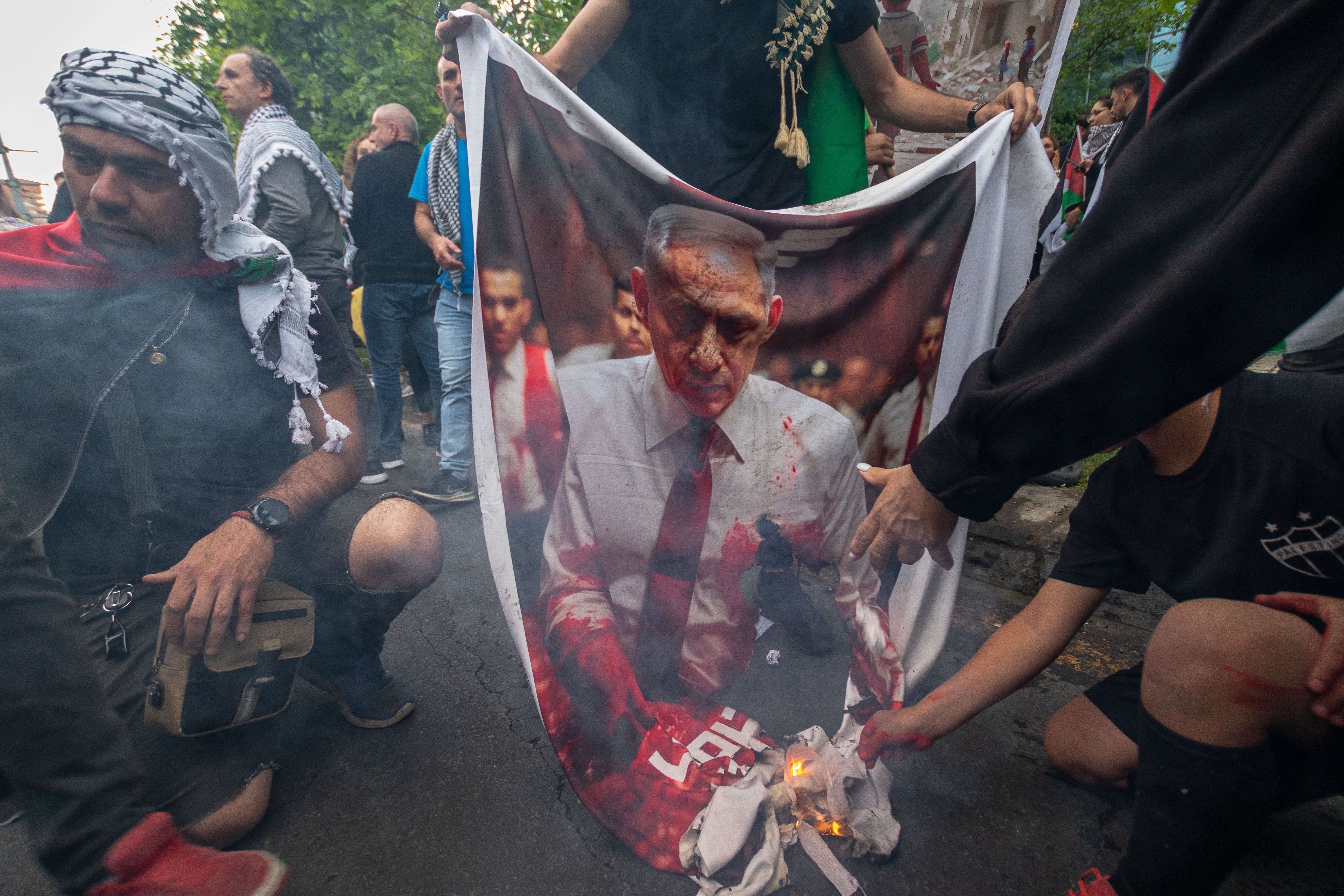Colombia and Chile recalled their ambassadors to Israel, and Bolivia severed relations with the country entirely in reaction to the scorched-earth tactics used by Israeli forces in Gaza. All three governments fall under a left-wing tradition in Latin America that is heavily pro-Palestinian.
Bolivia has historically terrible relations with Israel, and the move is no surprise. Left-wing icon and former President Evo Morales first severed ties in 2009 after Israel invaded Gaza in late December 2008, and he praised sitting President (and protegé-turned-rival) Luis Arce’s decision.
Colombian President Gustavo Petro was formerly a member of the M-19 guerillas, a radical left-wing group that terrorized urban areas before demobilizing in 1991. He’s pushed the boundaries of decency in his condemnations of Israel, going so far as to liken the country’s actions to those of Hitler and the Third Reich.
Chilean President Gabriel Boric, less radical than Petro or Arce, has nevertheless been unequivocal in his criticism of Israel’s operations in Gaza while still condemning Hamas’ terrorist atrocities and pledging to work toward a two-state solution.
Colombia and Chile also have large ethnic Arab minorities, which tends to lend weight to discourse over Middle Eastern issues, but isn’t the proximate cause of the current spat. Up to 3.2 million Colombians are of Arab descent (ever heard of Shakira?). They’re mostly Lebanese but include around 100,000 people of Palestinian heritage.
Meanwhile, Chile is believed to have the largest
Palestinian diaspora outside the Middle East, with up to 500,000 members. The community has tended to prosper, and remains visible in public life: The
Club Deportivo Palestino plays in the colors of the Palestinian flag and has twice won Chile’s top-tier soccer league. Legislators of Palestinian descent have a caucus in Congress, and Chile has been an observer in the Arab League
since 2005.
